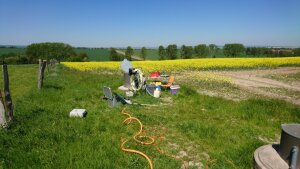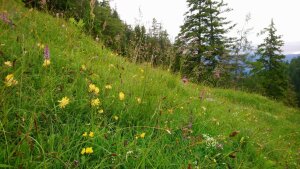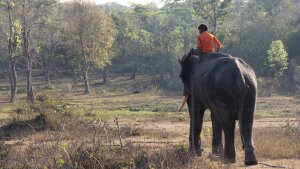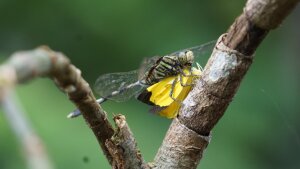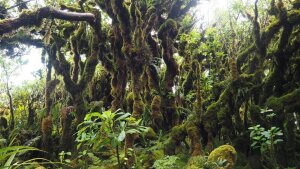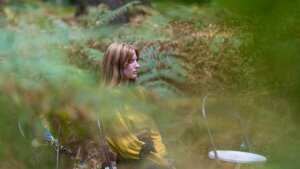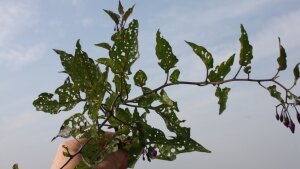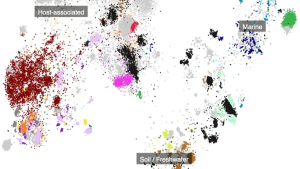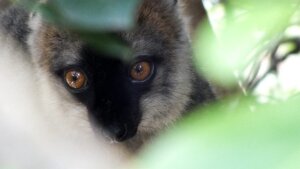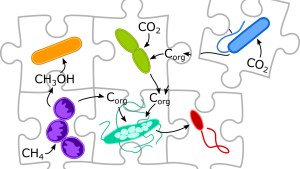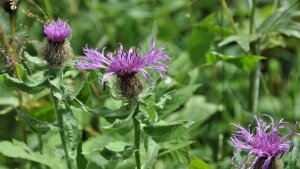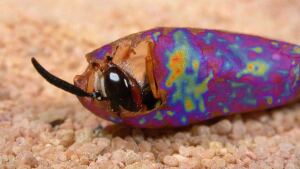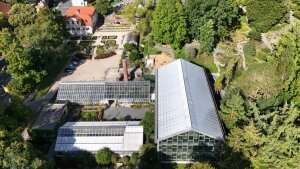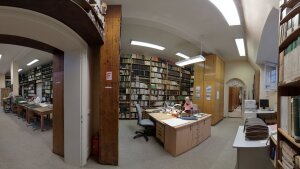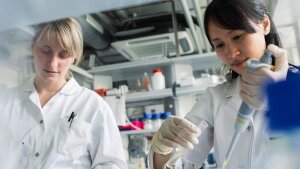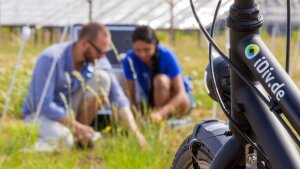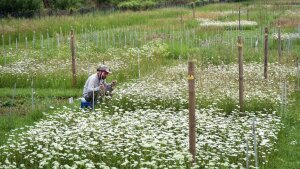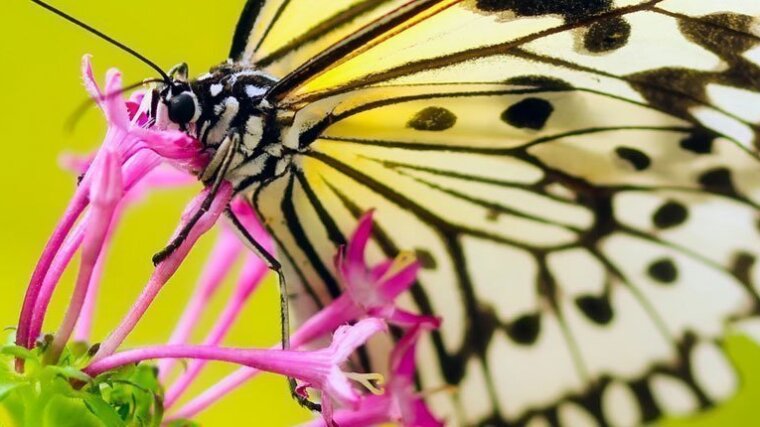
The Institute of Biodiversity, Ecology, and Evolution (IBEE) at Friedrich Schiller University Jena studies how biological diversity emerges, is maintained, and changes across biomes, evolutionary time, and in the context of global change. The Institute studies how new species emerge and spread, their genetic basis, how biodiversity arises and changes, and its significance for biological systems and social developments.
The institute also includes the Jena Botanical Garden de, one of the oldest and most species-rich gardens in Germany. Home to around 12,000 plant species from all climate zones, it serves as a research, teaching, and conservation center for plant diversity.
The institute is closely linked to:
- the Senckenberg Institute for Plant Form and Function (SIP) JenaExternal link, which uses innovative methods such as digitization, artificial intelligence (AI), and molecular genetic analyses, to study changes in plant diversity using the extensive collection of the Haussknecht herbarium,
- the Cluster of Excellence Balance of the MicroverseExternal link, which studies microbial networks and their connection to viruses and higher organisms in all their complexity. The Cluster combines ecological and medical approaches to understand the fundamental principles of microbial balance and resilience, as well as to enable targeted interventions,
- the German Centre for Integrative Biodiversity Research (iDiv)External link, an international research center that unites scientists from various disciplines and institutions to study the causes, consequences, and conservation of biodiversity from local to global scales;
- the Jena ExperimentExternal link, one of the world's largest biodiversity experiments. For over 20 years, it has studied the impact of plant biodiversity on the stability and functions of ecosystems.
Thus, the institute combines various areas of organismic research, often using experimental approaches and modern data analysis for integrative biodiversity and evolutionary research.
